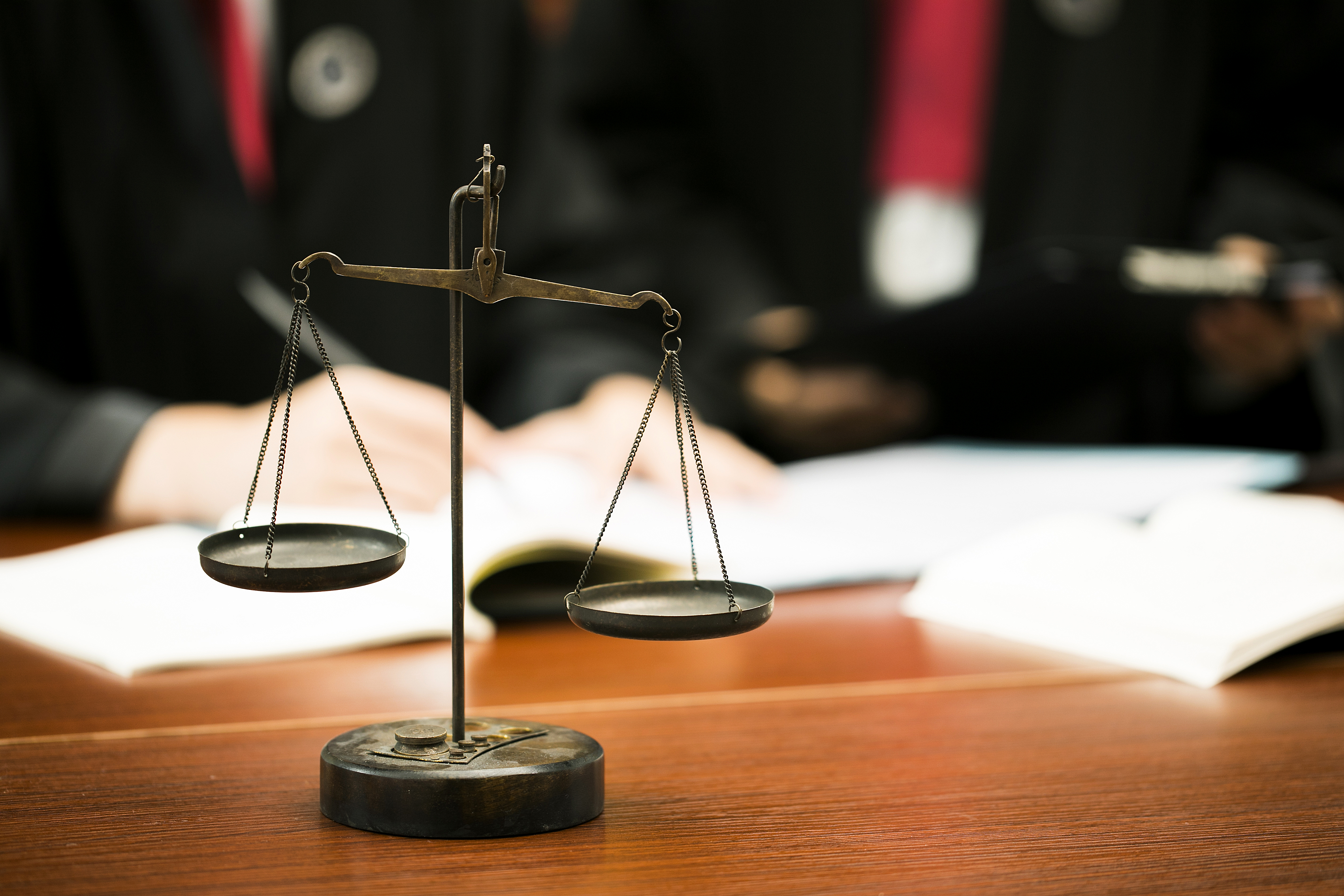

China’s Jiangsu Province has issued the first-ever "Guidelines for Handling Criminal Cases of Infringing upon Trade Secrets" (hereinafter referred to as the "Guidelines"), according to news released on January 8.
Currently, China's legislation on protecting trade secrets is limited to Article 9 of the "Anti-Unfair Competition Law" and Article 219 of the "Criminal Law".
As incidents of trade secret infringement triggered by employee turnover have been on the rise, the release of the "Guidelines" addresses long-standing challenges and controversies in handling criminal cases of trade secret infringement and offers substantial guidance.
The "Guidelines" actively respond to the latest developments in handling criminal cases of trade secret infringement. It clearly defines the overall requirements for handling criminal cases of trade secret infringement and outlines aspects related to the nature of trade secrets, acts constituting trade secret infringement, criteria for determining "serious" and "particularly serious" circumstances, and considerations for joint criminal activities. The "Guidelines" also specify methods for ascertaining technical facts, appraisal procedures and requirements.
Regarding the overall approach to determining "serious" and "particularly serious" circumstances, the amendment to China’s Criminal Law shifted the conviction standard for the crime of trade secret infringement from major losses suffered by the rights holder to the severity of the crime itself. Judicial interpretations specify situations where the amount of losses caused to the trade secret rights holder or the illegal gains exceeds 300,000 yuan, or when the crime directly leads to the rights holder's significant operational difficulties, such as bankruptcy or closure. In response to this change, the "Guidelines" provide detailed refinements in determining conviction, clarifying that substantial losses to the rights holder can still be the primary criterion for determining "serious" or "particularly serious" circumstances. The guidelines also follow relevant judicial interpretations to determine the amount of losses caused to the rights holder or illegal gains.
Currently, technical appraisal methods are frequently used to ascertain technical facts in handling such cases. Therefore, the "Guidelines" explicitly state that the decision to commission technical appraisals will be based on a comprehensive consideration of specific case circumstances by the investigating authorities. If technical facts can be ascertained through means like convening expert meetings or the assistance of technical investigation officials, appraisals might not be necessary. Additionally, the "Guidelines" specify situations that do not require technical appraisals, such as determining whether non-technical facts like business information are not publicly known or determining similarity. For instance, if the technical data recorded by the rights holder matches the actual data used by the suspect or defendant, a similarity appraisal may not be necessary.
Furthermore, the "Guidelines" regulate the appraisal procedures, clearly defining the determination of appraisal institutions and items, authentication of appraisal materials, withdrawal of appraisers, and review of appraisal opinions.
|
Copyright © 2003-2018 China Intellectual Property Magazine,All rights Reserved . www.chinaipmagazine.com 京ICP备09051062号 |
|
|



